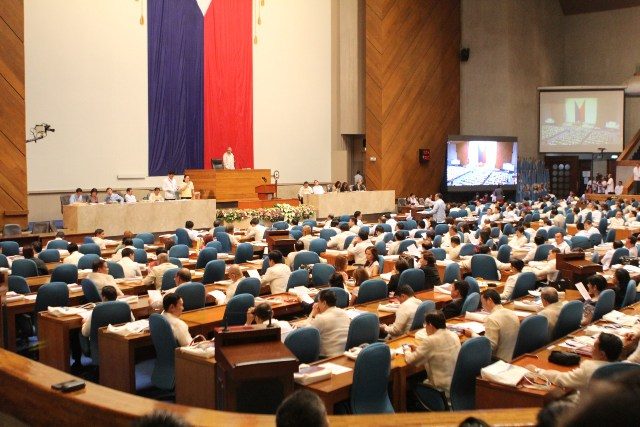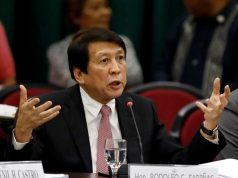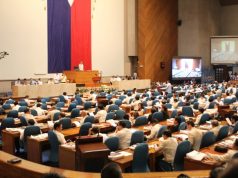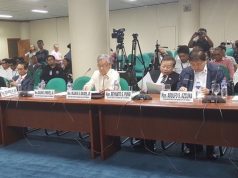MANILA, Philippines – Ahead of possible charter change next year, the House of Representatives began discussions on a resolution for Congress to transform into a constituent assembly to propose the revision of the 1987 Constitution.
House Concurrent Resolution No. 09 said a constituent assembly is the preferred mode of introducing changes to the Constitution because it is the “most expeditious, open and least costly among the options contemplated.”
The Constitution may also be amended through the constitutional convention and people’s initiative.
Next year, the House of Representatives will focus on discussing charter change aimed towards the shift to a federal form of government.
According to the resolution, recent developments have made it necessary to introduce amendments to the Constitution “for it to be responsive to the exigencies of the times.” This includes the need to provide a long-term solution to the decades-old conflict in Mindanao and to spur economic development in the countryside, and provide the trigger to the needed socio-economic and political reforms.
It said that no less than President Rodrigo Duterte has made charter change as one of his campaign platforms to make the Constitution “more attuned and responsive to the demands of present conditions and economic realities.”
“The members of Congress (senators and congressmen) represent the diverse sectors of society and when they convene as a constituent assembly, shall have the capacity to introduce sound and timely amendments to the Constitution,” the measure said.
In his sponsorship speech, Leyte Representative Roger Mercado, chairperson of the committee on constitutional amendments, said, “It is only when we convene as a constituent body and have a transparent, public debate on these proposals can the pros anc cons, the merits and demerits of these proposal be fully threshed out.”
“Let’s not be afraid of change. Who knows this is the time that we have to reckon with history and claim what is ours for the longest time,” Mercado said.
ACT Teachers party-list Representative Antonio Tinio observed the apparent rush in approving the “con-ass” resolution. He said the issue could be easily questioned before the Supreme Court because the Constitution was silent on whether the House and the Senate, gathered in a joint assembly, would vote jointly or separately.
In an earlier interview, former Chief Justice Reynato Puno expressed resistance to con-ass, saying members of Congress were not elected to make a Constitution.
He noted that con-ass has never been used as a mode of drafting the country’s past three charters — 1935, 1973 and 1987 Constitution.
Puno also said that the people charged with amending the Charter should be impartial and not imbued with personal interests. He wondered aloud whether the lawmakers would abolish political dynasties or the partylist system, or if the lawmakers would put in place checks against monopoly, duopoly or oligopoly.









